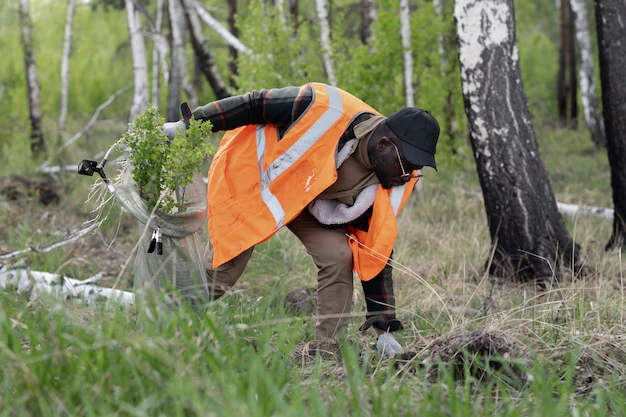Soil Safety and Lead Protection

Soil safety and lead protection are important topics, especially for individuals who grow their own food or have young children who may be at risk for lead exposure. Lead is a toxic heavy metal that can be found in soil, dust, and other sources, and can cause serious health problems if ingested or inhaled.
To protect yourself and your family, here are some tips for soil safety and lead protection:
- Test your soil: Before planting a garden, it’s important to test your soil for lead and other contaminants. Contact your local agricultural extension office for information on soil testing, or use a home test kit.
- Avoid growing plants in contaminated soil: If your soil tests positive for lead, avoid planting vegetables or herbs in that area. Instead, consider using raised garden beds or containers with clean soil.
- Keep your soil healthy: Healthy soil can help reduce the risk of lead uptake by plants. Add organic matter, such as compost or manure, to improve soil health and fertility.
- Wash your hands: After gardening or working with soil, wash your hands thoroughly with soap and water. This can help reduce the risk of lead exposure.
- Keep children away from bare soil: Children are particularly vulnerable to lead exposure. Keep them away from bare soil and provide a designated play area with clean soil or mulch.
- Use caution when renovating: Renovating an older home can release lead dust into the air. Use caution and follow proper safety protocols, such as wearing a mask and using a wet cloth to clean up dust.
By following these tips, you can help protect yourself and your family from lead exposure and promote soil safety.
